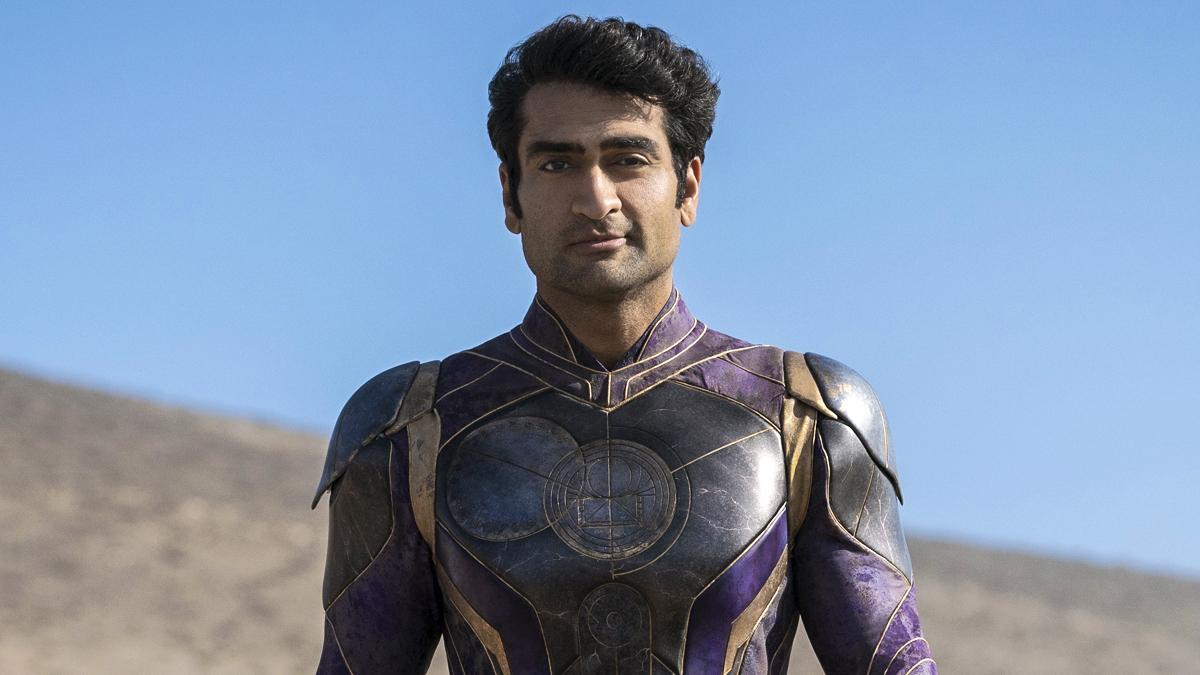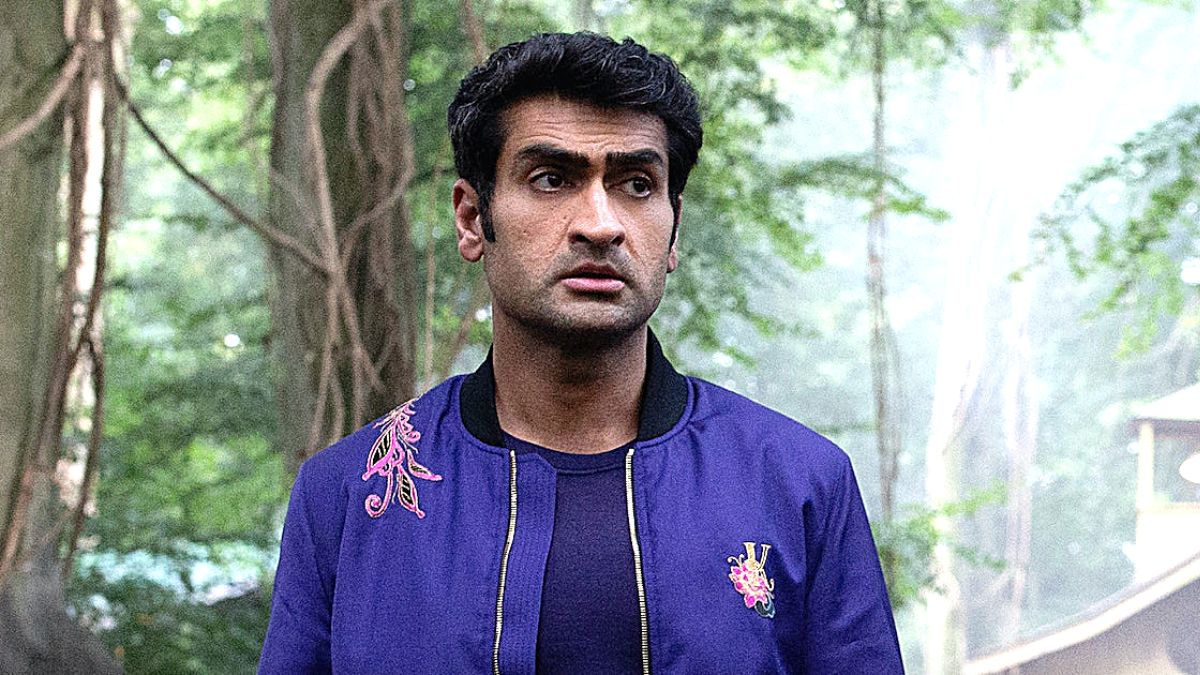The level of fame and exposure that mainstream actors and artists in general have to deal with is both a blessing and a curse. It might present them with opportunities we common folk could never dream of, and that’s certainly part of the appeal, but it’s also worth considering what having so many people freely voice their opinions about your work might do for your self-confidence and outlook on life. That’s exactly what Kumail Nanjiani had to navigate following the failure of his Marvel Cinematic Universe juggernaut Eternals.
Directed by Chloé Zhao and released on the heels of her Oscar sweep with her film Nomadland, Eternals was meant to be a turning point for Marvel. A leap of faith in a different means of filmmaking, dependent on a more independent voice and style. It turned out to be, instead, one of the brand’s worst-reviewed and worst-performing films to date, bashed for being simultaneously overstuffed and empty. Nanjiani was sure it was going to be a hit, so when it wasn’t, the shock made him reevaluate the way he approached his work.
What was the effect of Eternals‘ underperformance on Kumail Nanjiani’s professional life?

Like many actors, Nanjiani used to choose his projects somewhat cynically, combining those that were fulfilling with those that could finance his life and keep his career alive. The 45-year-old revealed on the Inside You podcast that his approach to taking on Eternals was based on a belief that by doing such a massive film more opportunities would surface. “I was looking at like, ‘Okay, if I do this, this movie’s going to come out in theatres, it’s going to be a big hit, and I’ll get more’,” he said, implying he didn’t exactly pick Eternals because it was an exciting challenge, but more so because it could be useful in the long run.
The problem was that the movie did not meet everyone’s expectations. Not even an Oscar-winning director and a star-studded cast featuring the likes of Angelina Jolie, Salma Hayek, and up-and-coming talents like Brian Tyree Henry and Barry Keoghan could rescue it. Nanjiani struggled to cope with the disconnect, saying it impacted even his family, and began counseling to deal with work-related frustrations.
“I realized that too much of how I’m evaluating what I want to do is based on the result or what other people think of it,” he shared, adding “I can’t approach my work this way anymore, some s**t’s gotta change.’ So very intentionally I did start counseling.” He admits to still talking to his therapist about it today and that his wife, writer and producer Emily Gordon, believes he has trauma from the experience.
Nanjiani wasn’t the only one to find the backlash against Eternals “tough.” The Oscar-nominated actor and screenwriter mentioned meeting with a cast-mate from the film who shared his concerns, which made him realize they had all gone through something similar.
Counseling helped Nanjiani shift his perspective, evolving from prioritizing results to valuing the experience of the things he can control.
“I realised I can’t be so results-based in my work anymore cause I can’t really control it. I can control my experience. I can control how I am to the people around me. I can control what I learn from it. I can control how I work. I can’t control what people are going to think of it.”
We would all do well to remember those words.

